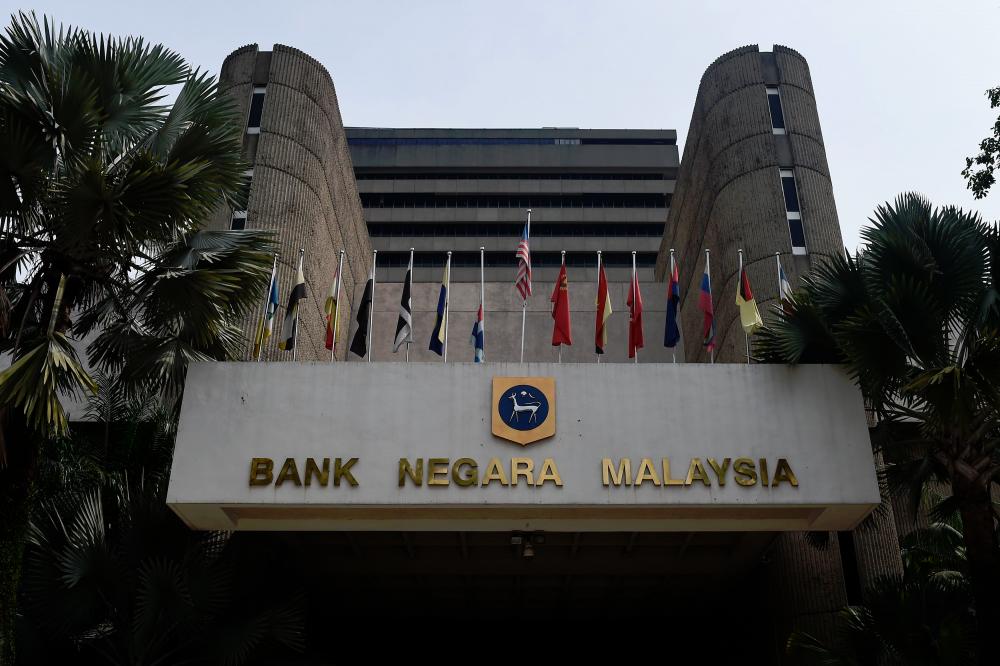PETALING JAYA: The Covid-19 outbreak has upset markets worldwide over the last week, as more cases were reported in a growing number of countries outside China, furthering concerns of a global economic slowdown. A number of central banks, including Bank Negara Malaysia (BNM), have already taken pre-emptive measures such as cutting base lending rates.
However, other monetary policy measures cannot be ruled out.
UOB Malaysia senior economist Julia Goh told SunBiz if there is a need for liquidity support, a statutory reserve requirement (SRR) cut is possible.
She also did not rule out the potential of further easing this year.
“Over the last few days, Covid-19 has seen a wider spread to more countries. I think the major central banks are assessing how this is affecting the global economy and markets have already started to factor in further downside risks to growth going by the steep corrections in global equity markets.
“On that note, BNM cited weaker global growth and key downside risks mainly stemming from the prolonged impact of Covid-19. Given less certainty on growth outlook and potentially more severe impact of Covid-19, we do not rule out further Overnight Policy Rate (OPR) cuts this year,” she said.
Malaysia Rating Corp Bhd (MARC) chief economist Nor Zahidi Alias said the latest revision made by the central bank yesterday was crucial, particularly in supporting private consumption.
“Growth in the first half of 2020 will be affected by the Covid-19 outbreak. Our estimates show that Malaysia’s gross domestic product (GDP) growth could moderate by roughly 0.3 percentage point if, as currently estimated by the Interational Monetary Fund (IMF), world economic growth falls from 3.3% to 3.0%.
“If the Covid-19 outbreak is prolonged and turns pandemic, the impact on the Malaysian economy could become more pronounced,” he said in an email response.
Zahidi said that as private consumption contributed about 100% of headline growth in 2019, the reduction in the OPR would, to some extent, help the economy go through this challenging period.
In a research note, JPMorgan said the OPR cut was within its expectations, and also supported the idea that more policy easing could happen in the second quarter.
“Even as fiscal policy steps up, in our view, further monetary policy support for the domestic economy could be expected in the near term. We maintain our expectations for further policy easing in 2Q20 (25 basis point cut) while noting that should fiscal policy step up materially, there would be less urgency for monetary accommodation by Bank Negara,” it said.
Meanwhile, OCBC Treasury Research economist Wellian Wiranto said that apart from the Covid-19 fallout, the political turmoil afflicting the country had to have played a part in its decision, given the inadvertent hit to business and consumer confidence.
He echoed the possibility of at least one more rate cut this year, potentially coming as soon as BNM’s next policy meeting in May, especially if either or both of the virus and political concerns continue to weigh on growth.
“Of course, if the Fed (US Federal Reserve) cuts rates in the coming weeks, the odds of BNM cutting rates for a third time this year would go up considerably as well,” he said.













